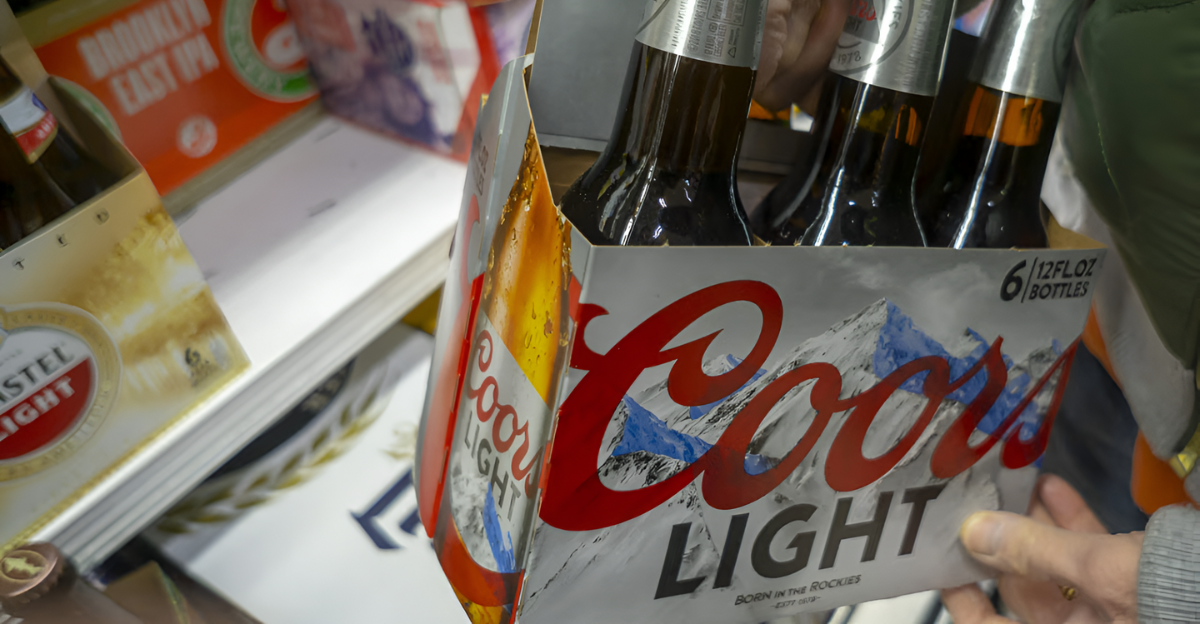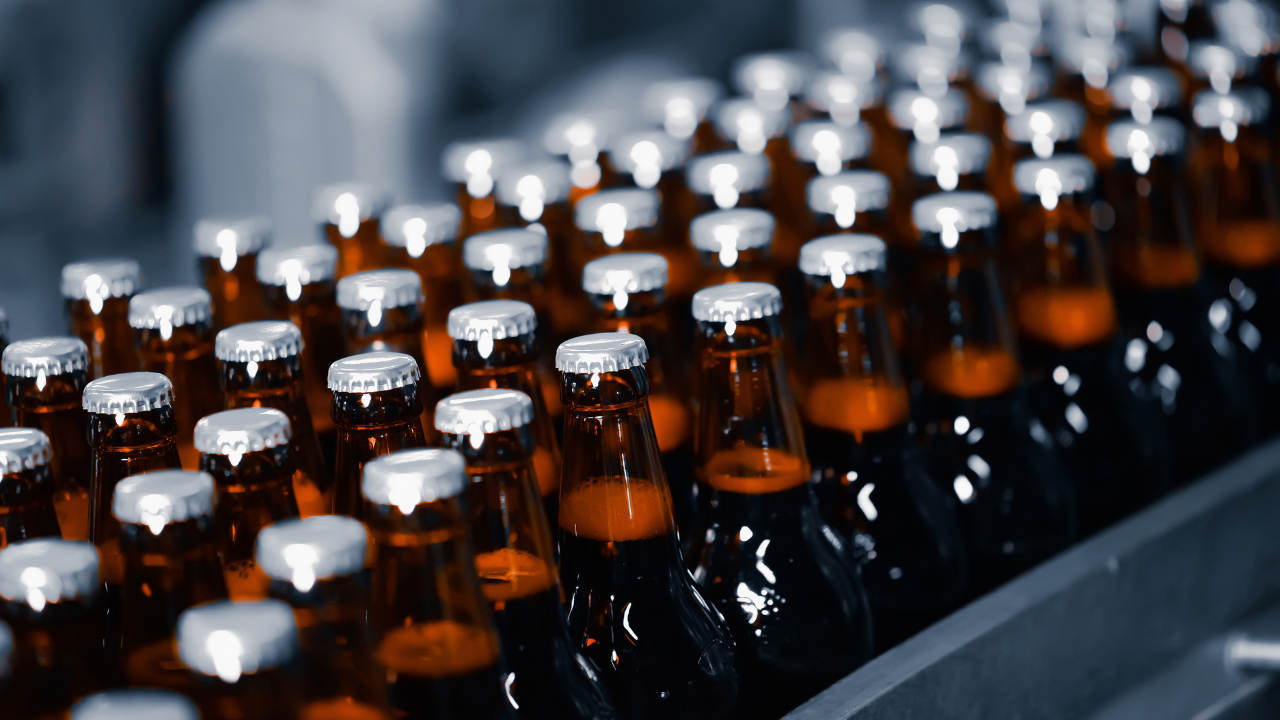
Molson Coors announced on October 20, 2025, that it would eliminate approximately 400 salaried positions—9% of its Americas workforce—by year-end, marking a significant shift as the Chicago-based brewer accelerates its transformation in response to mounting industry pressures. The restructuring reflects broader challenges facing established beverage companies: declining beer consumption, tariff-driven cost inflation, and evolving consumer preferences that are forcing legacy beer makers to fundamentally reshape their operations.
Navigating Economic Headwinds and Tariff Impact

The decision reflects mounting costs from tariffs and inflation that have squeezed profit margins across the beverage industry. A 25% tariff on imported aluminum, implemented in 2025, has increased the cost of beverage cans by 5 to 10 percent per unit. For brewers like Molson Coors, such expenses prove difficult to pass along to price-sensitive consumers in an already competitive market.
Former CEO Gavin Hattersley acknowledged these pressures in August, stating the company was “affected by the macroeconomic climate and its widespread implications for the beer sector and consumers,” alongside “higher-than-anticipated indirect tariff impacts on aluminum pricing.” The restructuring allows the company to reduce fixed labor costs and preserve margins while reallocating funds toward premium and emerging beverage categories—a strategic necessity as revenue growth stalls.
A Market Gripped by Declining Beer Consumption

American beer consumption has entered a prolonged decline. Overall beer volumes in the U.S. fell 3 percent in 2024, with projections indicating a consistent 3 percent compound annual decline through 2029, according to IWSR, the beverage industry’s leading analytics authority. Simultaneously, overall alcohol consumption has reached a record low, with only 54 percent of U.S. adults reporting alcohol consumption in 2025, according to Gallup polling.
The drivers of this shift extend beyond economics. Consumers—particularly younger demographics—increasingly favor low-calorie, health-conscious alternatives. The hard seltzer market, valued at $18.5 billion in 2024, is expanding at a 14.7 percent compound annual growth rate. Non-alcoholic beer surged 23 percent in 2024 alone, the only traditional beer segment showing growth. These trends reveal a fundamental reorientation in American drinking habits that cannot be reversed through pricing alone.
CEO Goyal’s Aggressive Transformation Strategy

Rahul Goyal, appointed president and CEO in September 2025, has signaled that dramatic action is required. “We’ve made strides in our transformation journey, but considering the current environment, we need to accelerate our efforts. To succeed with our customers and consumers and return to a growth trajectory, we must act with urgency and make more decisive choices,” Goyal said in the announcement. The rapid implementation of layoffs demonstrates the urgency with which leadership views the company’s competitive position.
The restructuring will incur $35 million to $50 million in charges, primarily for severance and post-employment benefits, but the company expects long-term operational efficiencies from its leaner organizational structure. The new strategy positions Molson Coors as a “total beverage company,” expanding investment in priority beer brands alongside energy drinks and non-alcoholic beverages—categories it aims to become more competitive in as traditional beer markets contract.
Industry-Wide Consolidation and Competitive Pressure

Molson Coors is not alone in facing these pressures. Anheuser-Busch cut approximately 400 corporate positions in 2023. Constellation Brands continues to strengthen its distribution presence, particularly through Mexican import brands that have captured market share from traditional American beers.
According to TD Cowen analyst Robert Moskow, competitive pressures from both Anheuser-Busch InBev’s investment spending and Constellation Brands’ distribution expansion pose ongoing challenges to Molson Coors’ market position. The research firm forecasts organic growth of negative 1.7 percent for fiscal 2026.
Balancing Short-Term Pain Against Long-Term Viability
The elimination of 400 positions represents immediate hardship for affected employees and their families, with consequences rippling through local economies dependent on stable employment. Yet the alternative—postponing difficult decisions while market share erodes—risks far more extensive layoffs in subsequent years if the company loses competitive ground.
Goyal’s aggressive restructuring follows the transformation playbook of other established companies facing technological or market disruption. International Business Machines cut thousands of jobs during the 1990s to shift toward software and services; Nokia downsized in the 2010s to compete in smartphones. These outcomes suggest that decisive cost control, painful as it is, may be prerequisite to long-term survival. For Molson Coors, the next test lies in whether its reinvested resources can successfully capture growth in emerging beverage categories while maintaining its legacy beer portfolio—a dual challenge that will define the company’s competitive position for years to come.